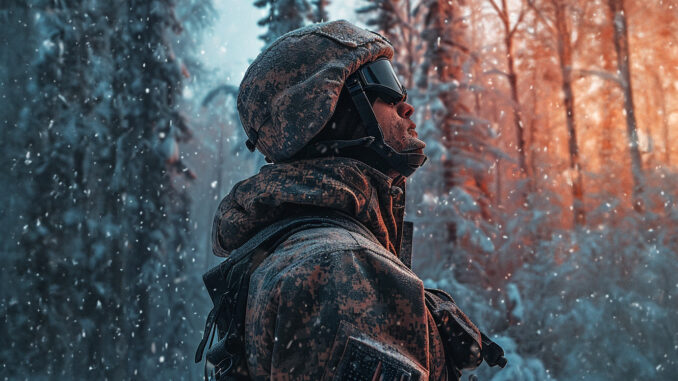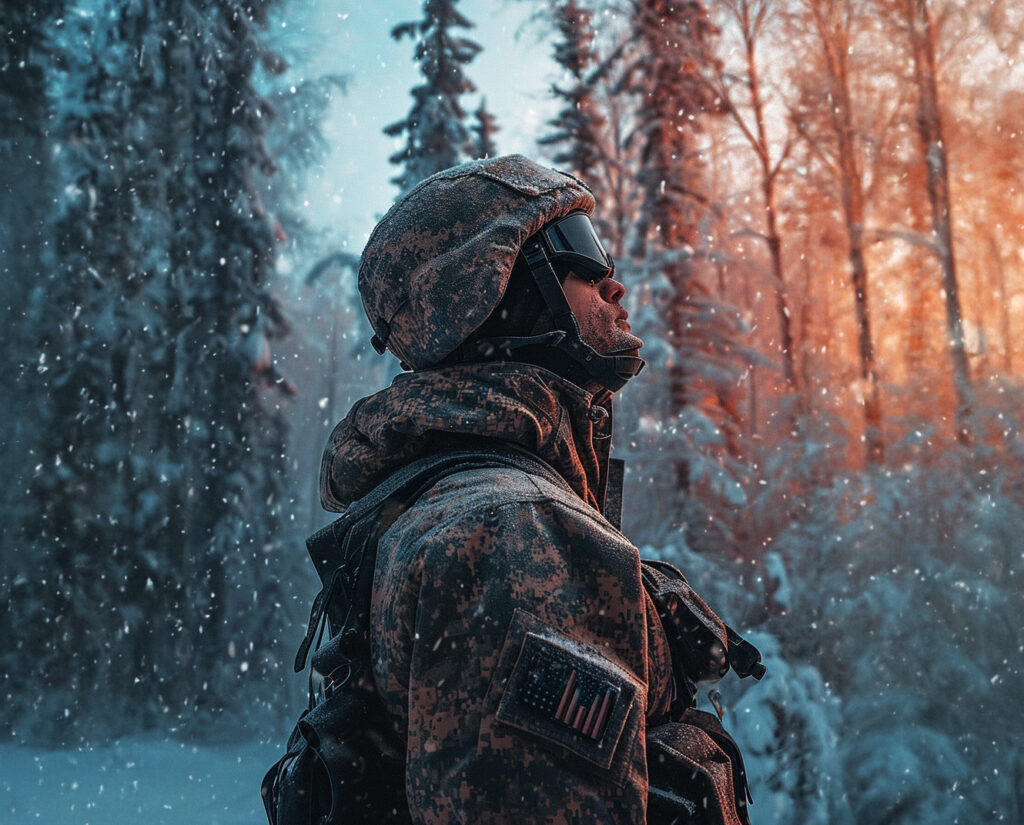
Ukraine’s extensive use of drones is exacerbating Russian casualties and driving many Russian soldiers to suicide, revealing troubling aspects of the war.
In brief
The war in Ukraine has revealed suicidal behaviour among Russian soldiers, exacerbated by Ukraine’s extensive use of drones. These drones, equipped with cameras and weapons, monitor and attack Russian positions, spreading terror among the troops. Russian soldiers, faced with crushing losses and a constant threat, sometimes choose to commit suicide rather than face inevitable death. This phenomenon highlights the moral differences between Russian and Ukrainian troops, as well as the brutal war tactics inherited from the Second World War.
Historical and cultural background of Russian soldiers
The war in Ukraine has brought to light forgotten aspects of the fatalistic attitude of Russian soldiers, inherited from the Second World War. Russian troops are often resigned to death and accept their fate with little emotion. This attitude is rooted in a military culture in which mass casualties were seen as an inevitable part of warfare. During the Second World War, the Soviet Union lost around 27 million people, more than half of whom were military personnel. This history of colossal human losses has shaped a mentality in which death in battle is seen as inevitable rather than an avoidable tragedy.
By comparison, Ukrainian soldiers, born after independence in 1991, take a different approach. Having broken with Soviet traditions, they show greater resilience and determination, refusing to submit to suicidal tactics. This difference in mentality is reflected on the battlefield, where Ukrainian soldiers exploit the weaknesses of Russian troops who are often ill-prepared and demoralised.
Impact of drones on soldier morale
Ukraine’s intensive use of drones is having a significant impact on the morale of Russian troops. These UAVs (unmanned aerial vehicles), equipped with cameras and attack capabilities, enable Ukrainian forces to effectively monitor and target enemy positions. The low-flying, hard-to-detect UAVs pose an ever-present threat to Russian soldiers, who feel constantly observed and vulnerable.
Ukrainian drones have been used to spot enemy movements, direct artillery and launch direct attacks. The fear of being discovered and killed by a drone has led some Russian soldiers to choose suicide. Videos captured by drones show Russian soldiers committing suicide, unable to withstand the psychological pressure of modern warfare. This situation reflects a new reality on the battlefield, where technology plays a crucial role in maintaining tactical superiority.

Psychological and social consequences
The psychological consequences of this technological warfare are profound. The suicide rate among Russian soldiers bears witness to the devastating impact of drone use. This loss of life, combined with a military culture that values sacrifice, is exacerbating the moral crisis within the Russian armed forces. The average lifespan of Russian men, already shorter than that of men in Western countries (64 years in Russia compared with 73 years in the United States), is further reduced in wartime.
This situation also raises questions about the preparation and psychological support of soldiers. Russian forces seem ill-equipped to deal with modern warfare, where technology and asymmetric warfare dominate. Training and mental support are critical aspects that are often neglected, but are essential if troops are to remain effective and resilient.
Analysis of military tactics
The Russian tactics of the Second World War, involving massive attacks despite high casualties, are still apparent in the war in Ukraine. Russian forces launched repeated offensives against well-established Ukrainian defences, resulting in considerable loss of life. The Ukrainians, equipped with drones and modern technology, exploit these obsolete tactics, inflicting massive casualties on the attackers.
The persistence of these suicidal tactics reflects a lack of innovation and adaptation in Russian military strategy. While the Ukrainians rely on advanced technologies to optimise their operations, the Russians seem to be trapped in outdated military doctrines. This dichotomy illustrates the challenges facing the Russian armed forces in a war in which technology is playing an increasingly decisive role.
Future prospects and implications
The impact of drones on the war in Ukraine highlights the growing importance of technology in modern conflict. Armed forces must adapt quickly to the new realities of the battlefield, integrating advanced technologies to maintain their effectiveness. For the Russians, this means re-evaluating their tactics and modernising their equipment.
For Ukraine, the successful use of drones could serve as a model for other nations facing similar threats. The ability to use advanced technologies to compensate for disadvantages in terms of numbers and resources could become a key element of future military strategies.
The war in Ukraine highlights the rapid transformation of modern conflict under the influence of advanced technologies such as drones. The psychological impact on soldiers and the tactical lessons learned from this war will be important subjects of study for the military and researchers. The need to adapt strategies and equipment to the new realities of the battlefield is more pressing than ever, and the world’s armed forces will have to take advantage of technological innovations to maintain their superiority.
War Wings Daily is an independant magazine.